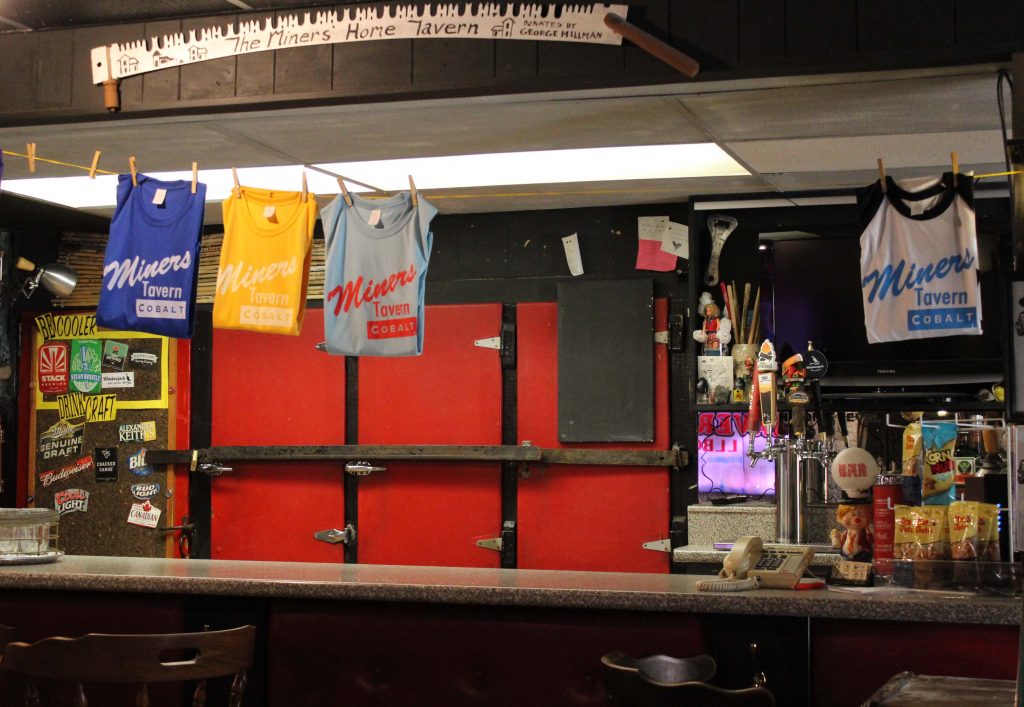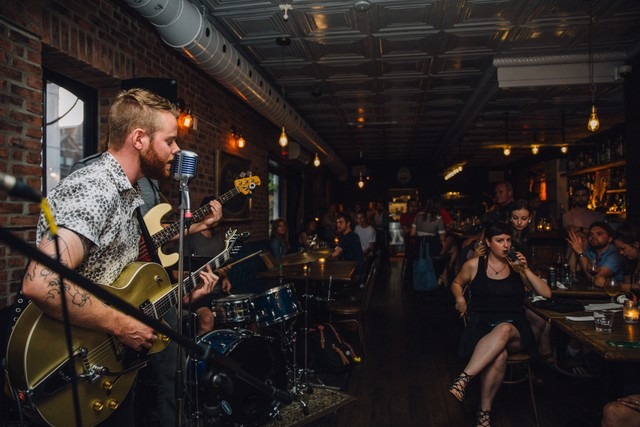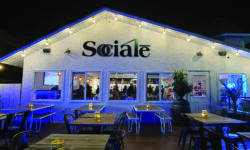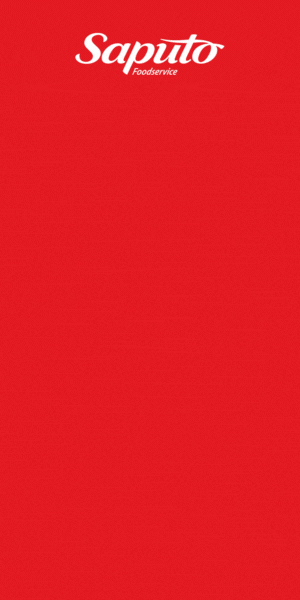Navigating Insurance in a COVID World
In June 2020, when Ben Swirsky, Co-owner of Toronto’s Alchemy Food & Drink, went to renew his restaurant insurance policy, he quickly came to the dark realization that his existing provider was not interested in renewing and to even consider a renewal, they were looking to increase his premiums by more than double. Thinking his premiums had increased due to a past claim for a flood situation, he tried working with his broker to look elsewhere, but was met with the same surge in pricing. Desperate, he tried working with another broker and received the same feedback, that a 200% markup was now industry standard. “I had no choice but to basically accept the increased rate or choose to not open” says Swirsky.
Sara Paterson faced the same challenges when trying to find restaurant insurance coverage to take over the lease of the Miner’s Tavern in Cobalt, Ontario. She called at least four different insurance companies with only one bothering to return her call. “The law says I need to have insurance, yet no one’s able to provide it or at a reasonable rate, she says. “I may have to give up my dream of 25 years.”
Rising premiums, losing coverage, or getting none at all are stories far too familiar to an industry already battered by indoor dining restrictions, high fees for delivery services, and shifting consumer habits as a result of COVID-19. Restaurant insurance typically covers adverse events such as property damage or injury that may be a result of accidents. It also helps cover product liabilities, which protects owners from claims stemming from food-borne illnesses, as well as various employee-related issues such as benefit errors, discrimination, or harassment.
While COVID may appear to be the driving factor in rising insurance
costs, the astronomical increases in restaurant insurance has been happening
long before COVID hit the industry, mainly in part to liquor law liability and
slip and fall related insurance claims. As the amount of liquor liability
and accident claims increased over the last few years, the impact to the
insurance companies reflected directly onto the current marketplace. Gradually,
insurance companies and underwriters began to retract from the marketplace
which has led to less companies willing to insure restaurants and therefore exorbitant
increases.

This is the same story Swirsky heard once digging deeper with his brokers. “I was informed that it’s tough for restaurants, specifically bars,” says Swirsky. “Insurance companies were becoming quite nervous about insuring establishments where the revenue split is majority alcohol and while Alchemy Food and Bar is more a 60-40 split in terms of alcohol to food even our split was problematic. That’s when I realized this is not a me problem – this is an industry problem.”
It’s unfortunate for restauranteurs says Robert Jones, CEO of the JBD Group, an organization that specializes in designing strategically-sound benefit and retirement insurance solutions for many of Canada’s hospitality organizations. “They have no choice but to buy the insurance at the increased rates because their landlord requires it and the banks require it, yet they don’t have the revenue to offset the costs.”
But this year operators have been hit with a double whammy. “Rising insurance rates and plan cancellations have been experienced across the country by restaurants that are already in a dire situation due to the pandemic” says James Rilett, Vice-President of Restaurants Canada, “Their claims for business interruption insurance have been denied by the same insurance companies that are now asking for huge increases.”
So
why are insurance companies denying these claims? According to Jones, the
general business interruption insurance policy in North America requires
there to be direct physical damage to the property, such as a fire or a flood, which
has resulted in the business operations to be interrupted. As a pandemic like COVID suggests that
there’s not any physical damage to the restaurants, most of the claims are
denied. “Some policies may have a little bit of coverage related
specifically to a disease, but the most coverage a restauranteur will probably
get is two to four weeks.” He goes on to state that if most of the denied
business interruptions claims related to COVID were overturned, there would be
a severe worldwide impact to the insurance industry.

For Swirsky and Paterson, the most frustrating part is the insurance companies’ apparent unwillingness to work with restaurant owners. “I tried talking to my current insurance company, says Swirsky, “to try and get a rebate on the insurance paid on a restaurant that was closed down for a few months, but they were not willing to cover that. It’s just another hit.” Paterson tried working with the insurance company that already covered another area of the building she was trying to lease, but to no avail.
So how is this issue resolved? What can be done?
Restaurants Canada is talking to the Insurance Bureau of Canada (IBC) and insurance industry executives in an effort to find solutions to the issue that could force many restaurants out of business. The IBC has launched the National Commercial Task Force to examine how the commercial insurance challenges are impacting Canadian companies and consumers. Bringing together insurers, insurance brokers, local chambers of commerce, small businesses, trucking stakeholders, and risk experts to examine the impacts of the hardening global market and develop recommendations to help keep insurance affordable and available across the country. The task force will examine ways to help consumers mitigate risk and manage costs.
RC is expecting positive changes to come through this taskforce. If not, the industry may need government involvement. “The government may need to step in to apply guidelines and constraints on insurers to protect the restaurant space,” explains Todd Barclay, President and CEO of Restaurants Canada. “This could include cap lawsuits, clarify business interruption / pandemic limitations to ensure insurance companies are not using the pandemic to simple gouge the sector.”
Mitigating and managing risk should be a key consideration for restaurant owners says Jones. “Insurance companies and underwriters are always looking for certain things under the scope of risk management that will make your business easier to insure.” For restaurants this could mean following and documenting certain protocols, making sure the hood and kitchen is clean and keeping your establishment safe from slip and fall situations. “Underwriters like to see things in writing so make sure you have written operational procedures and provide a checklist that you can prove you do on a regular basis. It’s easier for them to consider the risk as long as it’s well-managed.”
Paterson experienced this first hand. “The one insurance company that called me back said they could potentially help me if I changed the hours of my establishment. Which I did, but then I was denied insurance again because there was an apartment for rent above the establishment I was hoping to lease.” Swirsky suggests bar and restaurant owners “know the true estimation of what your alcohol versus food sales are as this percentage may put you into a different category.” He continues; “I want to work within their framework but I feel like they don’t tell us what their framework is.”
That seemingly ever changing framework has led many to consider another option: the restaurant industry creating their own insurance company. Essentially all restaurants would have to band together and pool their resources under the provision that every single member of the association would have to participate in the insurance company to be in a position to provide the necessary coverage for liquor liability and accidents. “It’s going to take some very bold and coordinated moves by the restaurant industry to solve and it’s not an easy thing to do, says Jones. “It’s a challenge because each restaurant, specifically the larger chains are with their own provider, and you need the big guys to come in and provide the opportunity for the smaller guys.”
The JBD Group has managed to do this on the benefit side by creating a scenario for restaurants across the country to create a benefit pool, where independent restaurant owners could come in and take advantage of pricing similar to pricing that is received by larger corporations. “However”, says Jones, “that’s an easier issue to solve then the liquor liability challenges faced by restaurants.”
Swirsky feels that for independent restaurant owners, starting a community based insurance program or organization is the only option. “It will take a lot of will and infrastructure and the right people in the right places but we cannot exist under this existing framework. I’m not sure how this could happen but it should happen and it needs to happen.”
Jones feels that the amplified insurance costs “will find a place in time as new standards will ensure restaurants and establishments are safe for people to go to. The premiums may be a little higher at first, but then as insurance companies see their loss ratio improve, the marketplace will find its equilibrium.”
Still, for restaurant owners what’s missing from the framework and calculations set out by insurance companies is understanding and appreciating what restaurants do for the community. “They don’t see the ripple effect our businesses have”, says Swirsky, “and that sooner or later there may not be any businesses left for insurance companies to insure. Paterson agrees: “not only are insurance companies stopping small businesses from existing, they are preventing small businesses from helping each other.”
In an effort to help mitigate concerns associated with the foodservice and hospitality sector, IBC has released a hospitality discussion paper seeking feedback on insurance challenges. For a list of questions please visit: Have your say: Insurance task force consultation | Restaurants Canada
IBC has also developed resources to assist business owners facing challenges associated with commercial insurance. This information can be found at: businessinsurancehelp.ca
Questions and concerns may also be directed to IBC’s Business Insurance Helpline at: 1-844-2ask-IBC







